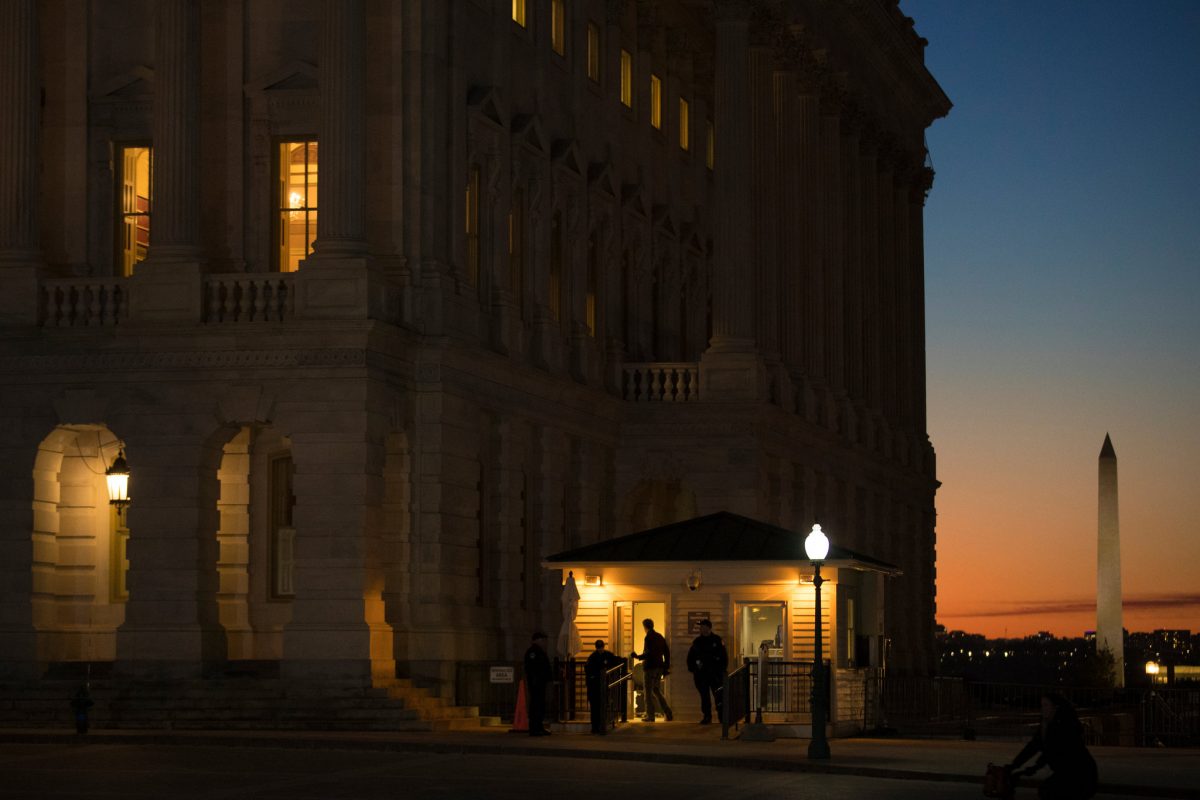The good news is that the budget unveiled Monday by the Trump administration is dead on arrival. The two-year agreement reached by Congress last week makes this budget even less relevant than most presidential budgets, and more importantly the congressional spending deal funds a number of crucial health programs that were in danger of losing funds. The bad news is that the President’s budget seeks to normalize policy proposals that would either cripple or eliminate altogether a number of crucial federal programs that provide critical aid for nurses and their patients.
Nursing Workforce Development Programs covered under Title VIII of the Public Health Service Act would be particularly hard hit, with cuts of almost 65% at a time when nurses nationwide desperately need this funding to continue providing quality care. The budget slashes $145 billion overall, eliminating all but one program under Title VIII (the NURSE Corps Loan Repayment and Scholarship Program, which would be funded at $83 million). As a result of this drastic and misguided approach, the Nursing Community Coalition (of which ANA is a member) announced their strong opposition earlier today.
Even when the President’s budget takes one step forward by allocating new funds, it simultaneously takes two steps back, as with funding to combat the opioid crisis. While the budget proposal would allocate $13 billion, experts estimate that at least $32 billion is needed to address this lethal epidemic. This new funding would also come at the expense of the Centers for Disease Control and Prevention (CDC), which would lose $1 billion and suffer particularly deep cuts to programs aimed at reducing chronic disease, bolstering public health preparedness, and overseeing occupational safety and health.
Perhaps most alarmingly, the budget embraces the approach of the already-rejected Graham-Cassidy legislation to repeal and replace the Affordable Care Act. This approach would implement massive cuts to Medicaid and eliminate its state-based expansion (which 33 states to date have chosen to embrace). It would also end the subsidies that help a vast majority of Americans who obtained health coverage under the ACA-implemented marketplace pay for their premiums.
Rather than promoting a misguided and out-of-touch budget, ANA urges the administration to instead focus on more pressing priorities, including helping Congress reach an agreement on those affected by the Deferred Action for Childhood Arrivals (DACA) program, as well as efforts to stabilize the health insurance marketplace following the repeal of the individual mandate late last year. Too many of the ideas included in this budget have been rejected by bipartisan congressional majorities. Like those ideas, this budget should similarly be put aside.

